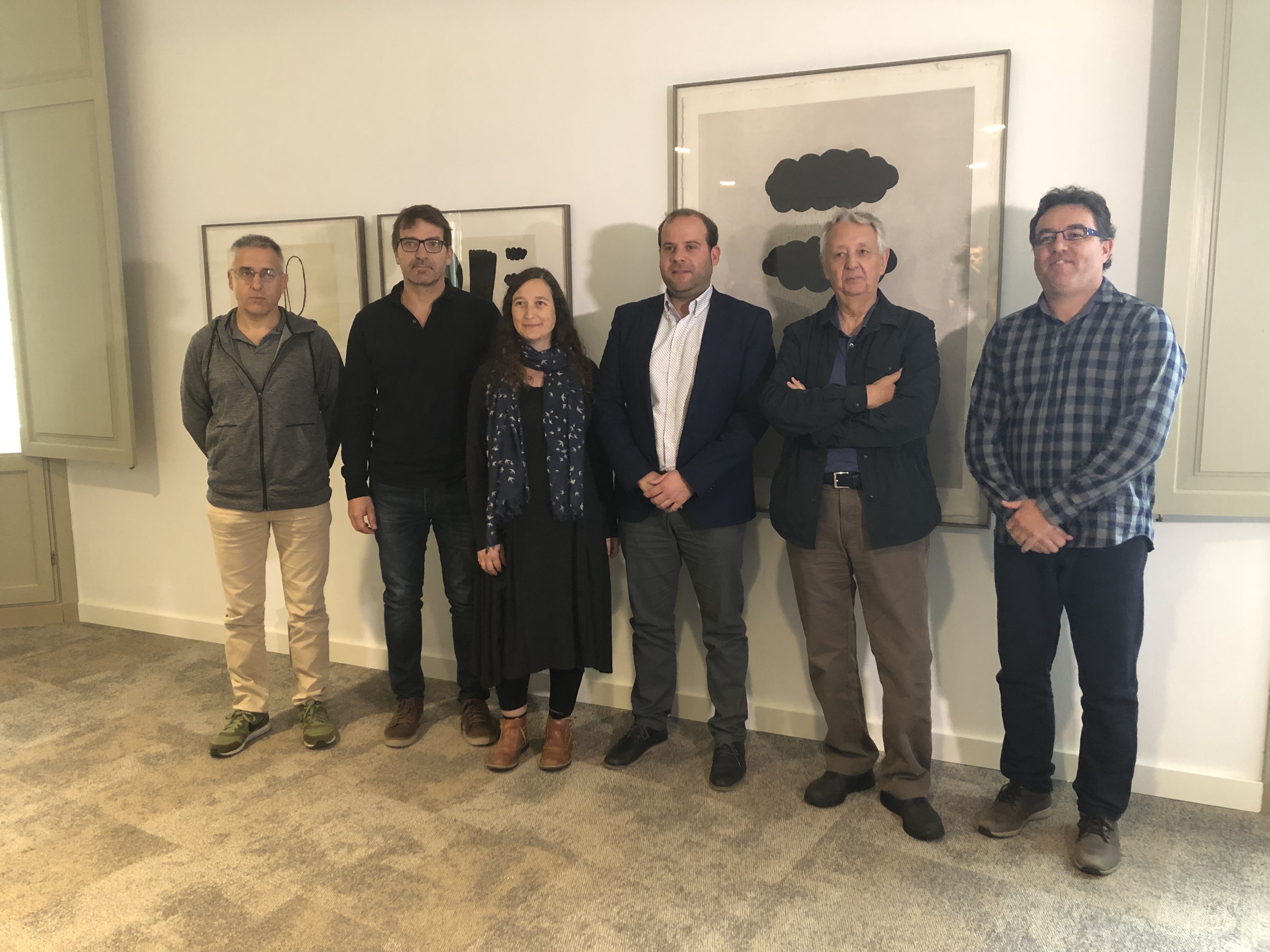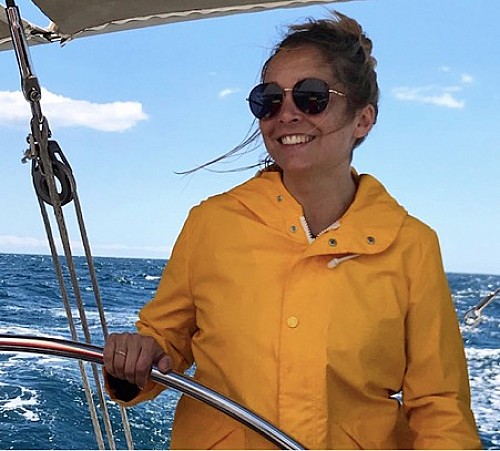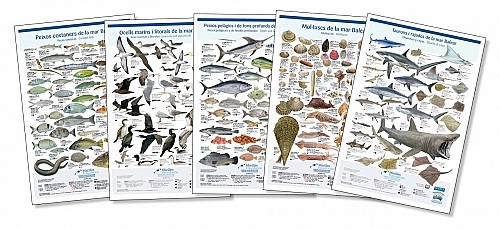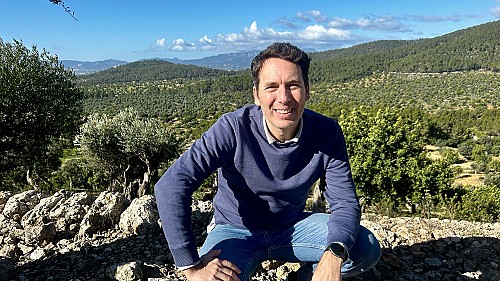Representatives of major scientific institutions and the regional government, brought together by the Fundación Marilles, have announced the Informe Mar Balear (Balearic Seas Report) initiative aimed at assessing the environmental state of the Balearic Sea and to see how it develops over time.
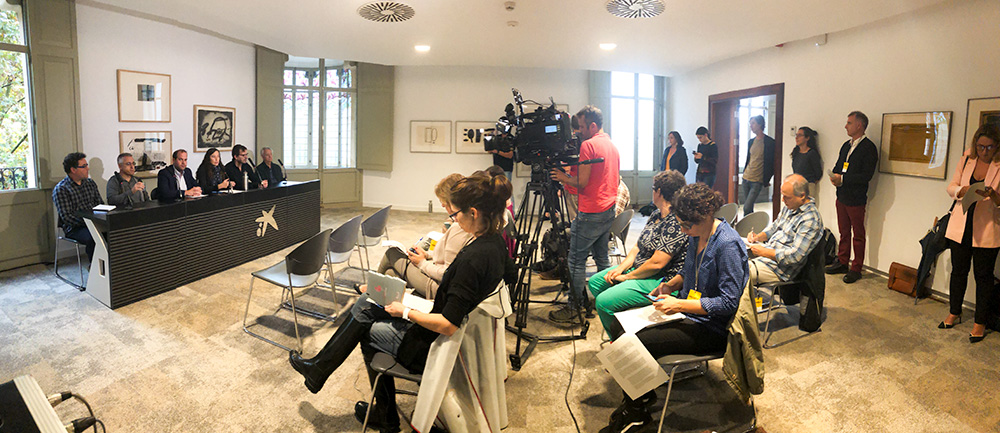
The report includes a list of indicators suggested by the main research centres in the Balearics as well as government data in order to ensure a sound scientific base and the information necessary to compile the report.
- In early 2020 a preliminaryInforme Mar Balearwill be published with information about 100 ecological and socio-economic indicators in order to analyse how the individual indicators are evolving.
- The report will be public and accessible, with well-defined methodologies and based on reliable data. It will allow us to know how the Balearic marine and coastal ecosystems are developing, the pressure they face and responses to them.
- So far, the initiative has been backed by the institutions: Instituto Español de Oceanografía (IEO), Institut Mediterrani d’Estudis Avançats (IMEDEA, CSIC-UIB), Sistema de Observación Costera de las Islas Baleares (SOCIB), Universitat de les Illes Balears, Conselleria de Medi Ambient i Territori, Conselleria d’Agricultura, Pesca i Alimentació, Observatori Socioambiental de Menorca (OBSAM), Consell Econòmic i Social (CES), Fundación Biodiversidad, Fundación Marilles and Grupo Iberostar. It is open to other organisations and institutions.
- The Fundación Marilles has donated 100.000 euros to cover the initial costs of coordinating the initiative as well as the production and distribution of the report. This amount makes it possible to begin a project that, to be carried out well, requires much more funding and therefore a substantial increase in public-private collaboration.
What is happening in the Balearic sea?
At present it’s not possible to fully answer this question. The Informe Mar Balearwas conceived to give an objective answer to this question in its many dimensions and scale of time and space, disciplines and methodologies. The first version of the report lists 102 indicatorsthat describe the situation, the pressures and the responses. Some of these need to be viewed over the long term before reaching conclusions. The list includes indicators for which there is up-to-date information.
Contents
The report brings together indicators of different physio-chemical and ecological indicators of the Balearic Sea’s marine ecosystem as well as indicators such as the population dynamic of commercial fishing species and the ecology (birds, plants, algae and fish). The report also contains information about beaches, bathing water quality, plastic and other types of pollution, the impact of invasive species and other pressures on the sea and its resources caused by human activity, above all tourism and fishing.
Joining forces
The initiative was coordinated by Dr Raquel Vaquer-Sunyer and Dr Natalia Barrientos of the Fundación Marilles. During the past few months they worked with experts from research institutes and the relevant government bodies, compiling and assessing existing information. Researchers and government representatives have collaborated closely in this work. The result will be a preliminary report that complements and completes previous scientific and/or academic initiatives that will be published in January, 2020, with an Informe Mar Balearat the end of 2020 or early 2021.
- Toni Quetglas, director of the Centro Oceanográfico de Baleares of the IEO: “We knew from the start that we needed to be involved in this initiative. Scientists have too much to do on a day-to-day basis to meet the growing demands from various bodies, in our case in particular the European Commission. This means it’s impossible to dedicate the time we’d like to publicising our results to society as a whole, which after all finances out activities. Furthermore, in this case forces joined together in order to bring together the work of various researchers and, strange as it may seem, this is important in itself.”
- Jorge Terrados, director of IMEDEA-CSIC-UIB: “I think it’s an excellent and very necessary initiative. I hope that producing this report will serve as a catalyst to bring together all the information about the Balearic Sea generated by different institutions and to identify existing gaps in our knowledge.”
- David Carreras, director of OBSAM-IME: "One of the great virtues of this initiative is that it allows us to see the immense amount of work carried out by various researchers in Balearic Isles over the past few decades, including data that will be more accessible for marine management or simply to satisfy the curiosity of anyone who loves the sea.”
- Joaquín Tintoré, director of SOCIB: “We believe there is an urgent need for reliable data on a local and regional scale and over the long term, accessible to everyone in order to help make decisions. This data must conform to international standards of methodology and quality control. We support this initiative and we are confident it will attract the necessary funding through a collaboration of public and private institutions.
- Miquel Mir, regional environment minister: “Conserving the sea is a strategic priority for this government which is why we always support this type of initiative. We are especially proud to collaborate in this project and to supply it with data and information. The Informe Mar Balearwill be a valuable complement to the policies carried by the government in recent years.”
- Jordi Llabrés, vice-rector of the UIB: “This is the first initiative that brings together all the Balearic scientific institutions, the regional government and other bodies dedicated to the study and conservation of marine ecosystems as a source of wealth and resources. It’s a clear example of synergy between centres training future professionals and will generate knowledge that can be effectively implemented
- Raquel Vaquer, report coordinator: “This study will be very useful for encouraging good management of the Balearic Sea based on scientific data and evidence. We have a lot more information than we expected at the outset but the data was dispersed and inaccessible to most people. With the publication of this report it will be entirely public and accessible to anyone interested in the Balearic Sea and its conservation.”

